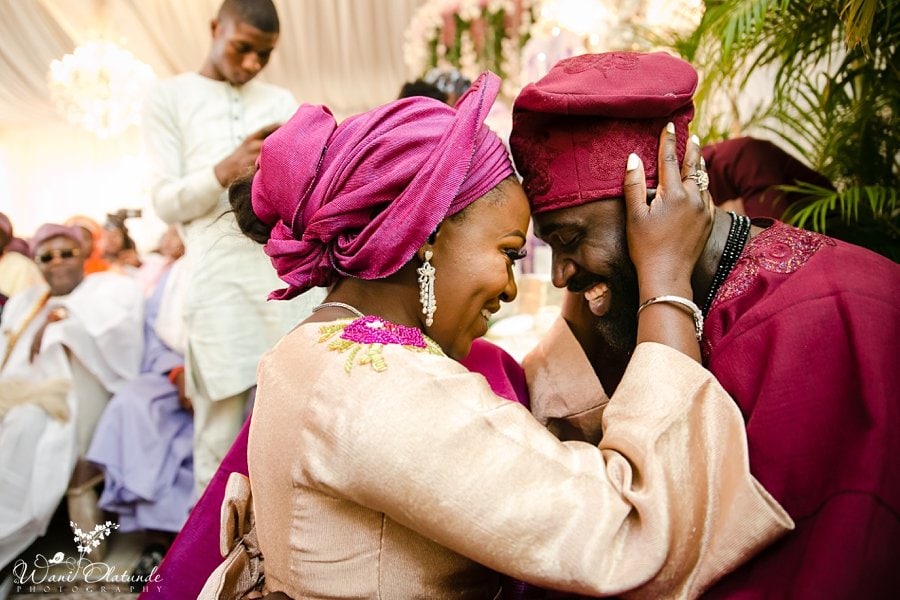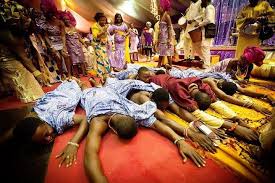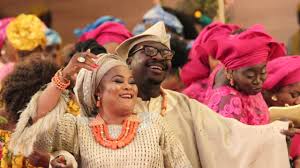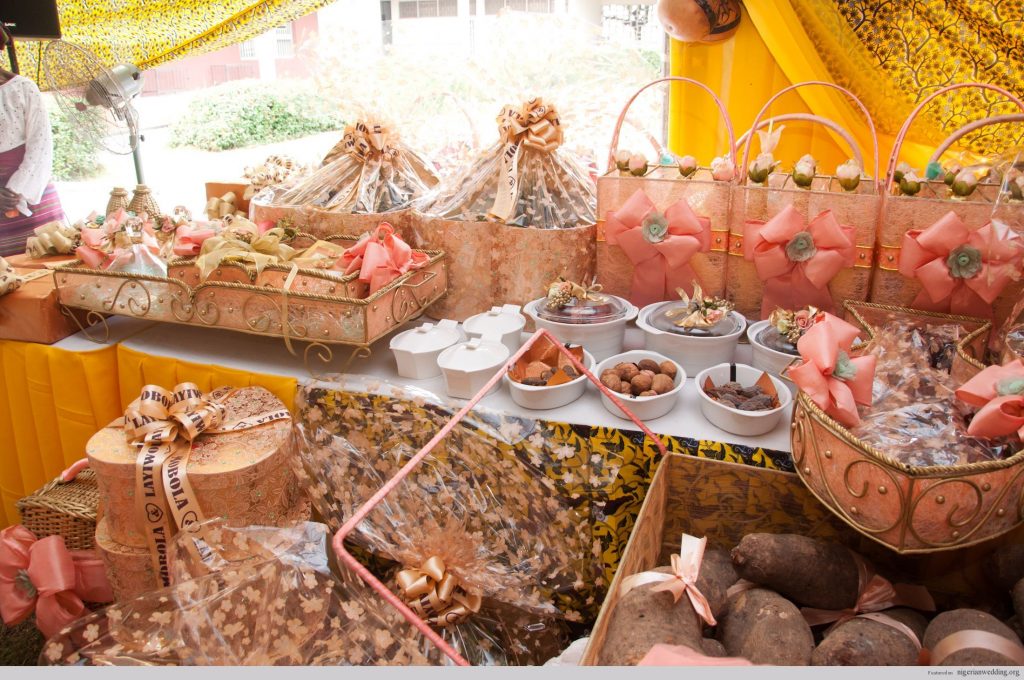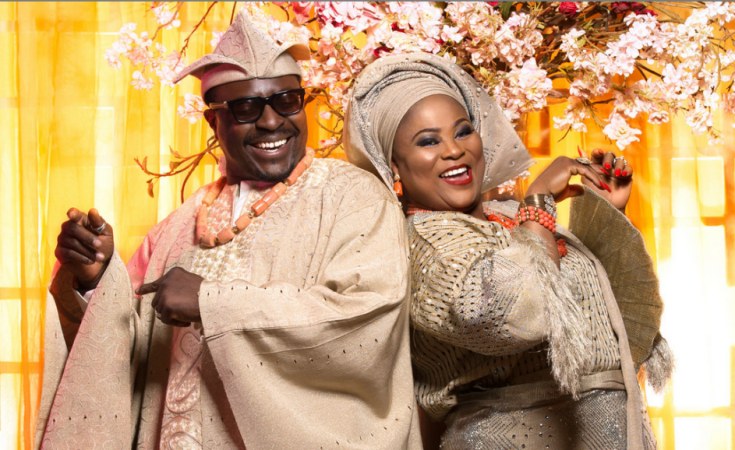Yoruba Wedding Ceremony Seminar
Yoruba Wedding Ceremony Seminar
Igbe Iyawo: A Journey Through The Yoruba Wedding Ceremony.
Marriage is considered very important among the Yourbas (South-Western Nigeria). A woman who is still single at a marriageable age is seen as “crownless” and does not attract as much respect as her married counterparts. In the Yoruba culture, Husbands are seen as the head/crown hence the incompleteness of the unmarried woman. So, when a man approaches the house of a woman to take her hand in marriage, it becomes the affair of the whole village.
The Introduction:
The families of the bride and groom meet long before any engagement ceremony takes place. The groom visits the family of the bride in the company of his father and some family members. The occasion is an informal introduction without fanfare but a cordial atmosphere to know each other. The informal introduction does not require much except some tubers of yam and a few bottles of wine; the family of the bride hosts the visitors with a simple meal of their choice. Apart from all-round introductions, they might discuss when the event would take place, this is not a hard and fast rule and such discussions might take place later. The bride’s outfit is a reflection of what the female guests will wear. She might choose, damask, lace, Nigerian wax fabric or any fabric that appeals to her. The outfit consists of gele which is the head tie, the buba (the blouse) and an iro which is a large material tied around her waist and is usually ankle length. The colours she chooses reflects the colour theme her family has chosen but should also complement the groom’s outfit and look identical. She can wear accessories like a gold necklace, beads, bangles, gold earrings and shoes to match.
The Traditional Engagement:
The traditional engagement is carried out by a contracted professional custodian called the Alaga ijoko which translated means master of ceremony. The professional could be a member of the bride’s family or a complete stranger. The Alaga Ijoko is usually a woman and her duty is to properly officiate and coordinate the proceeding so each provision of tradition is strictly adhered to. She follows the groom and family to ask for the hand of their daughter. Other festivities include the letter reading which is done by a young lady from the groom’s family asking for the hand of the woman in marriage. The bride’s family also responds with a letter of their own. The engagement is an integral part of the traditional marriage and as the ceremony proceeds, items listed for the engagement that was given to the groom’s family are presented. The items vary slightly in each Yoruba traditional wedding but the general articles are the same.
Bride Price:
There is no fixed amount for the bride price, as it is usually dictated by the bride’s family and is subject to negotiation. However, there are other fees to be paid by the groom/his family (which are also negotiable). The money is used to settle different members of the family.
The Groom and Bride:
Some of the engagement protocols officiated by the Alaga ijoko is carried out in the absence of the groom. The professionals go through a question-and-answer format where the bride’s moderator puts the representatives of the groom through some hoops. At one point the groom’s presence is needed and he comes forward and goes through the introduction process to the bride’s family and parents. When all requirements are met the groom is led and allowed to seat on one of the two large chairs conspicuously placed in front of the guests.

